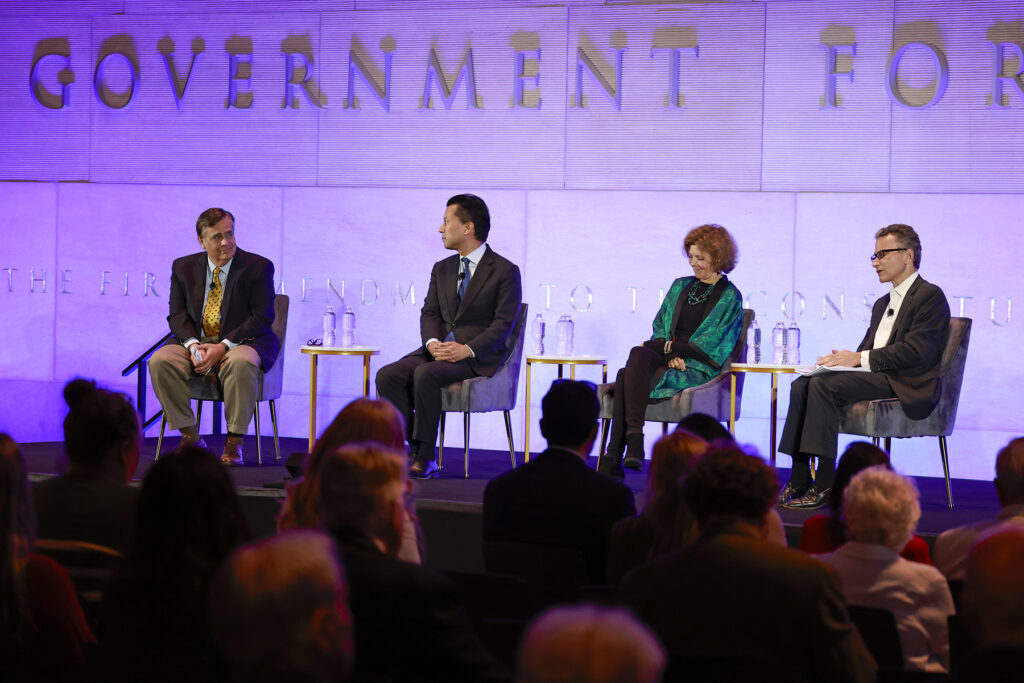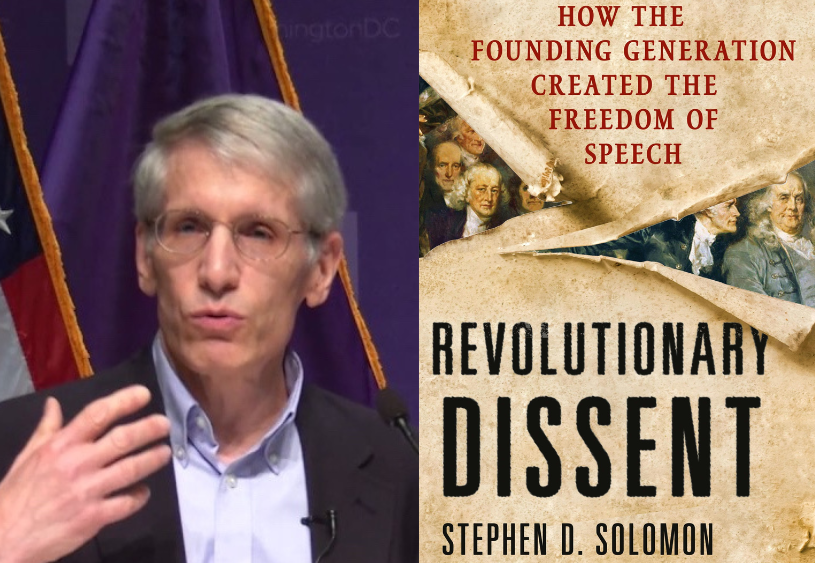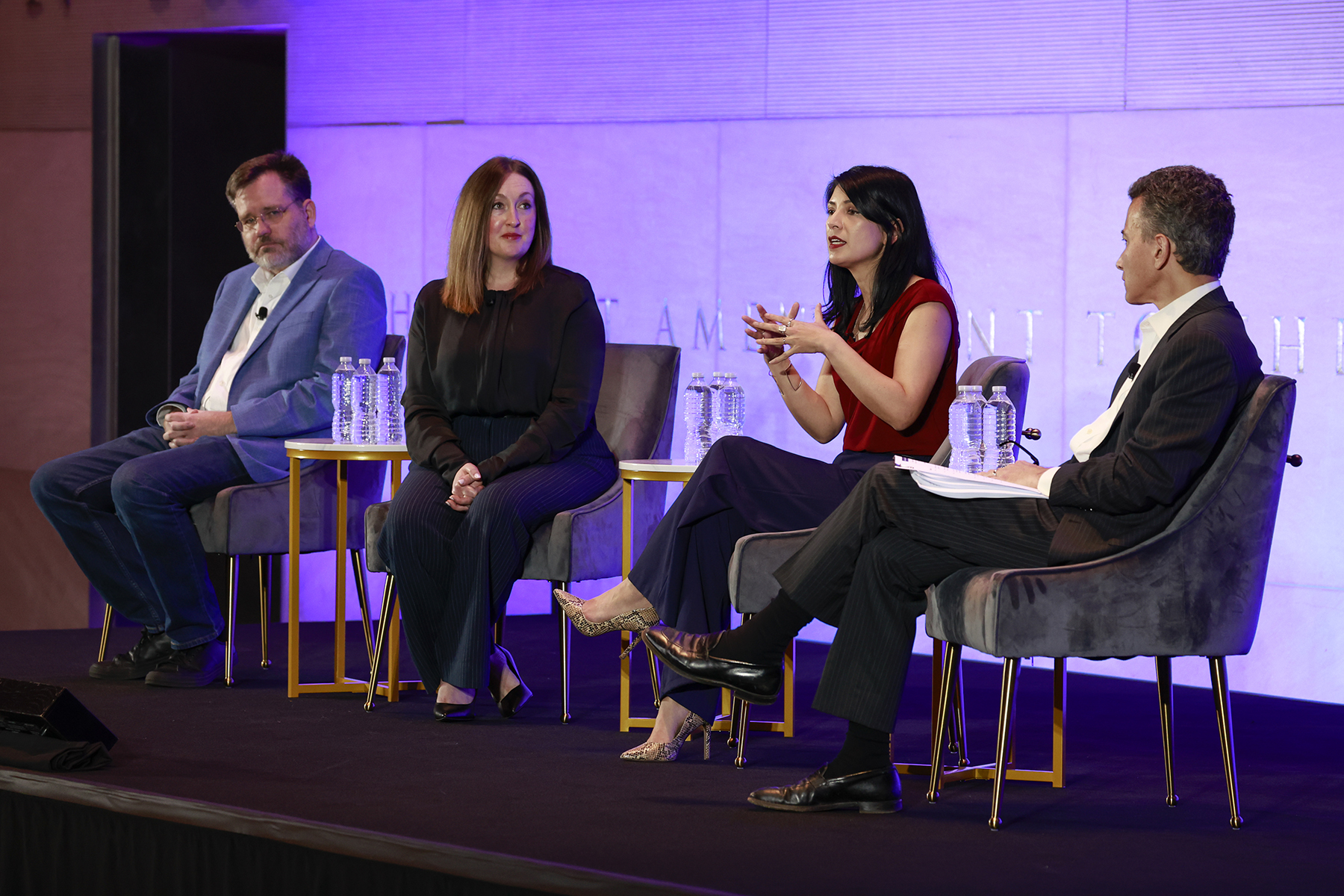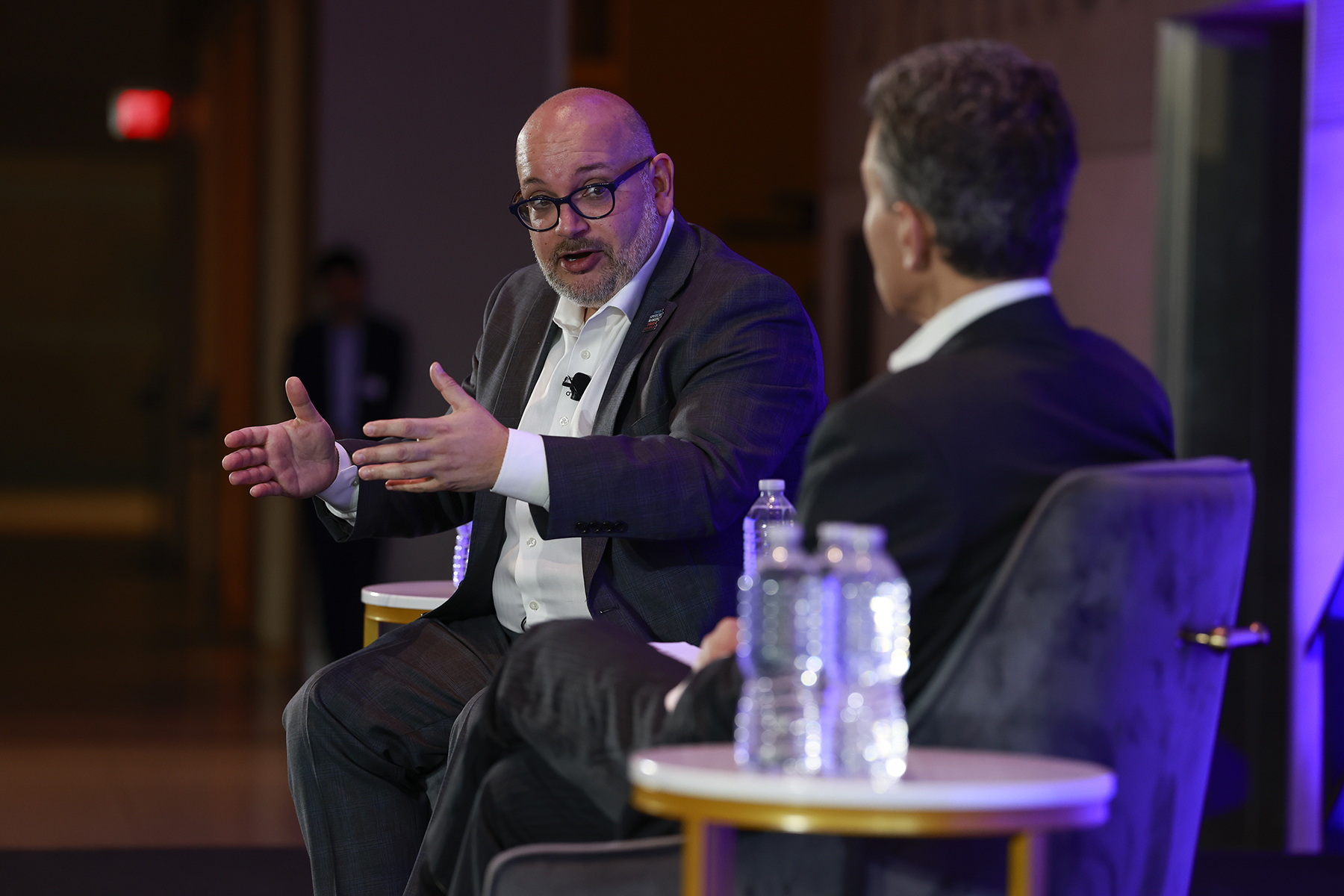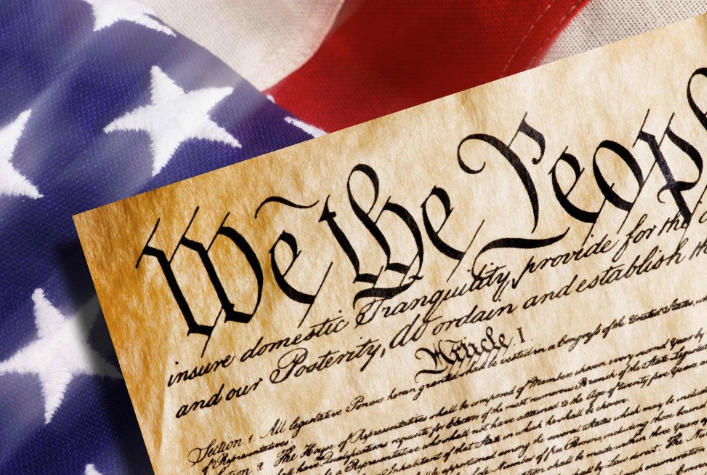Leading First Amendment scholars convened to discuss free speech conflicts, focusing on content moderation, censorship and online speech, at the National First Amendment Summit in Philadelphia on Tuesday.
Speakers at the event, co-hosted by the National Constitution Center, NYU’s First Amendment Watch and the Foundation for Individual Rights and Expression (FIRE), also addressed global free speech threats and campus speech.
Moderator Jeffrey Rosen, president and CEO of the National Constitution Center, was joined on stage by Nadine Strossen, author, former professor at New York Law School and former president of the ACLU; Jonathan Turley, author and professor at the George Washington University Law School; and Kenji Yoshino, author, professor at NYU Law School and member of the Meta Oversight Board.
Turley described what he calls a “functionalist view of free speech” as the idea that “free speech is protected where it advances democracy, where it has this function of making democracy better.”
“If you believe that free speech is a human right, then it’s not just your right to speak in the sense that it’s good for democracy,” he said, “but rather that free speech makes people completely human, that you need to project part of yourself and the world around you through expression.”
Yoshino agreed but noted that Meta’s 21-member oversight board evaluates content moderation policies against human rights standards, and considers speech from all different viewpoints in its decision making, attempting to treat them with consistency.
“We could all agree that voice is a human right, and I thought it was beautifully put in the way that you did, Jonathan, to say that the capacity to express ourselves completes us as human beings,” he said. “But there are other human rights as well — like the right to privacy or the right to safety or the right to authenticity or the right to dignity — that are also rights that are competing with that right of voice. So from Meta’s perspective, voice is paramount. So in that sense, it has a very U.S. focused jurisprudence, but it does balance the right of speech against those other values that I just articulated in ways that are more contrarian, I would say, to First Amendment jurisprudence.”
Strossen expressed her initial skepticism of the oversight board, but was “pleasantly surprised” to find that the board “has been much more supportive of traditional First Amendment values than I had expected.”
“What’s really interesting about that is that the board is appropriately not even adhering to or trying to adhere to First Amendment values,” she said. “But what it is saying it is adhering to, and every opinion goes through an analysis, are the international human rights free speech values that are in the International Covenant on Civil and Political Rights and a couple other international treaties that have been ratified by virtually every country in the world — including the United States, which made a couple of reservations and exceptions. But there hasn’t been much case law under this international human rights free speech regime, and now we are starting to generate a very impressive body of interpretation, which is very speech protective.”
Watch the full panel discussion:
